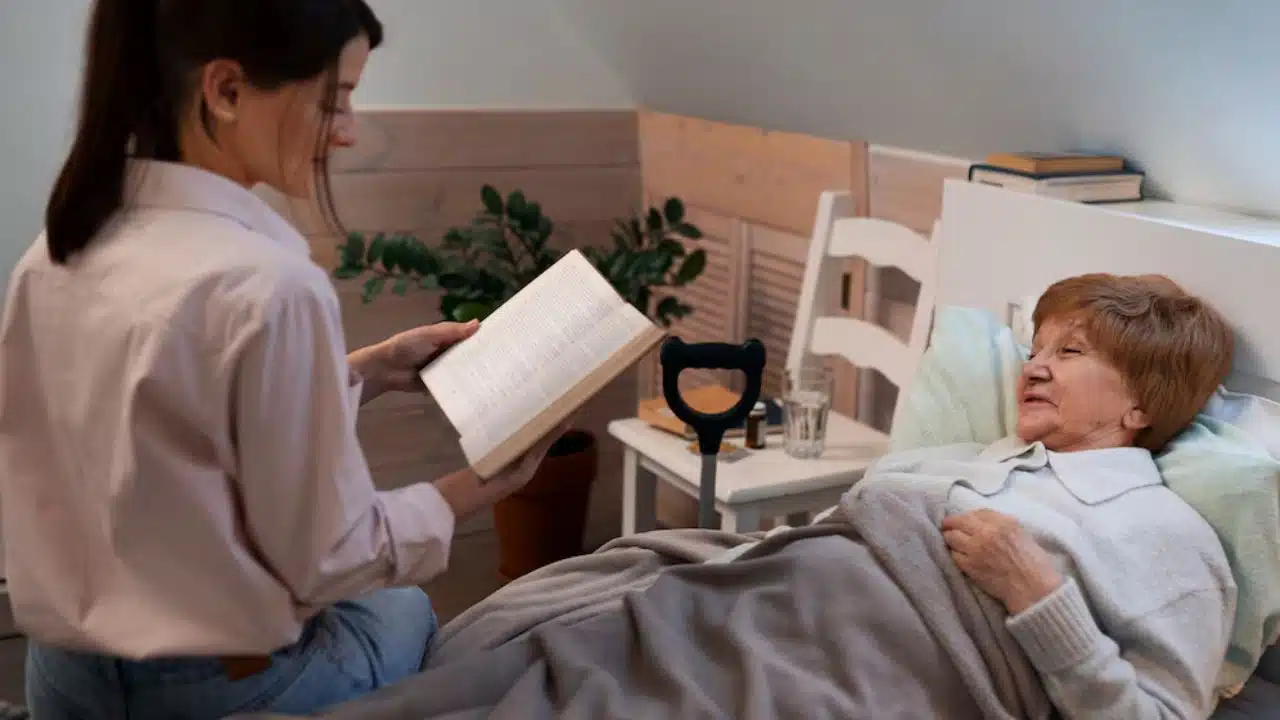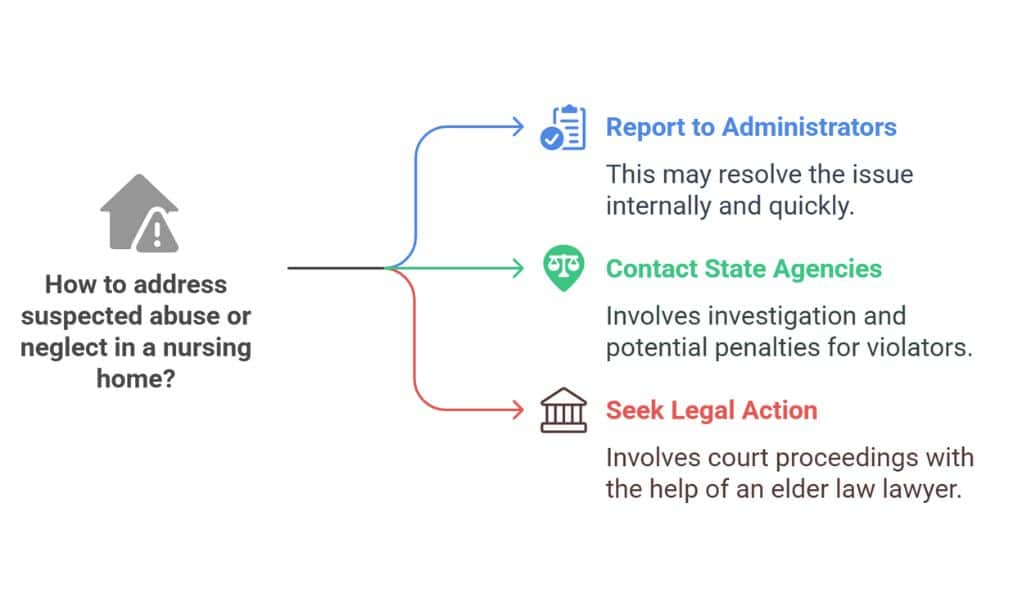In Smyrna, GA, families trust nursing homes to provide a safe and supportive environment for their loved ones. But when that trust is broken due to neglect or abuse, residents and their families need to know their legal rights. Federal and state laws protect nursing home residents from mistreatment, ensuring they receive proper medical care, dignity, and respect. If these rights are violated—whether through physical harm, emotional abuse, neglect, or financial exploitation—legal action can be taken.
A Smyrna nursing home abuse lawyer can help victims and their families seek justice, holding negligent facilities accountable and securing compensation for medical expenses, pain, and suffering. Knowing what protections exist and how to take action can make all the difference in safeguarding the well-being of elderly residents. Here’s what every family should understand about nursing home residents’ legal rights and the steps to take if abuse occurs.
Recognizing Abuse in Care Facilities
Abuse in nursing care facilities can occur in several ways, such as physical, psychological, neglect, and financial abuse. Recognizing these signs ahead of time will stop the damage. Family, friends, and caregivers should watch for any changes in behavior or physical appearance. Predictors such as unexplained injuries, withdrawing from friends, and unusual financial activity most often have an underlying cause.
Legal Rights and Protections
Nursing facility residents have specific rights guarantees that protect them from indignities and substandard care. Enter the Nursing Home Reform Act, which was passed in 1987 and has primarily established standards for these types of facilities. This law requires that facilities provide services that “pursue the highest practicable well-being” for every resident.
In addition, residents have the right to be free from abuse, neglect, and exploitation. Providers are required to develop extensive care plans that are specific to many factors, such as personal needs and wants. Residents are also entitled to participate in their treatment planning, which means they can raise issues and make informed choices about their care.
The Role of Ombudsmen
Ombudsmen, appointed by the state, advocate for nursing home residents. These officials look into complaints and are sometimes on the record for working against the problems that people are having to realize residents’ rights. These representatives can mediate conflict between residents and staff and make a necessary connection between residents and outside forces.
Lodging Complaints and Pursuing Legal Traces
That is why you need to act quickly if you suspect abuse or neglect. First, reporting an issue to the facility administrators may resolve the matter within the facility itself. However, when internal means are lacking, complaints to state agencies must be made. They involve agencies that investigate infractions and impose penalties on violators.
Going to court can be a realistic path forward in worst-case scenarios. A lawyer focused on elder law can help make the decisions. Lawyers can also help families navigate this process and find justice for the victims.
Protecting Residents’ Privacy
It is still a basic human right for nursing home residents to maintain their privacy. Personal and medical information should be kept confidential. All facilities are required to comply with privacy laws like the Health Insurance Portability and Accountability Act [HIPAA], which helps keep residents’ information safe.
How to Be Safe From Harassment
Safe environments are so much more than abuse prevention. This means that if the facilities want to be seen as the best in place, then they also need to ensure that both residents and staff feel that any resident is important and that everyone has a voice. This means catering to individual choices, having the liberty to choose what you want to do, and making social engagements possible. Training as far as human beings’ rights and sensitivity for staff can dramatically improve the standard of care.
Pushing Residents and Families to be in Charge
Education is fundamental in equipping residents and their families. Knowing your rights and what resources are available allows you to stand up for yourself and your family. Many different support groups and community resources provide information and support to people who are dealing with long-term care.
Takeaways
Awareness, vigilance, and knowing their legal rights can help keep nursing home residents safe from abuse. By identifying the signs of abuse, employing the methods of the law, being vigilant in the manner in which the elderly are treated, and upholding every kind of respect, the elderly will continue to live justly in society. If we come together as families, caregivers, and institutions, we can build a tomorrow that provides all residents the care and respect we deserve.






































